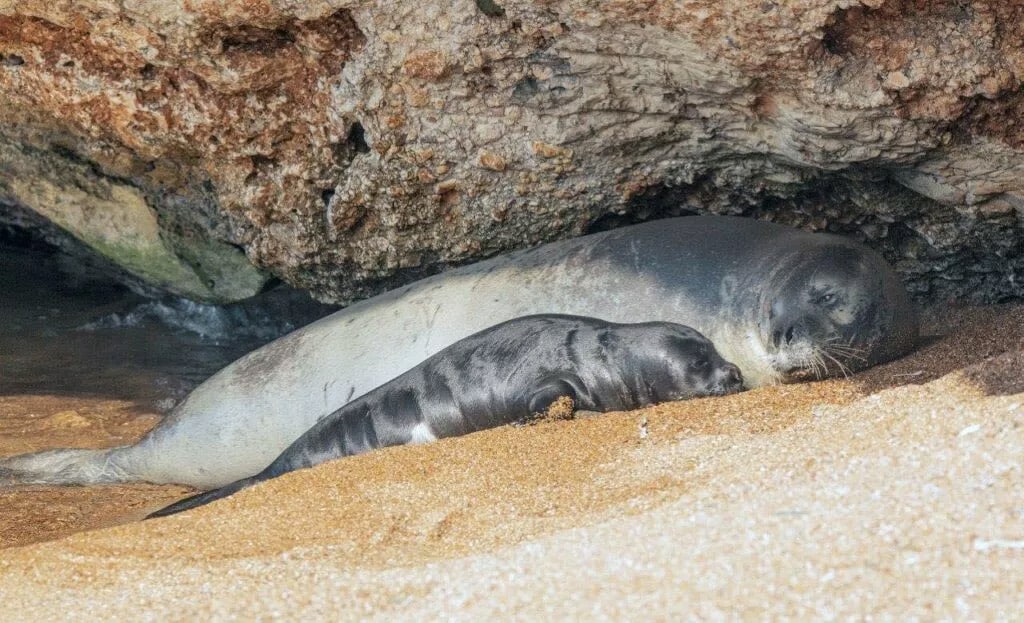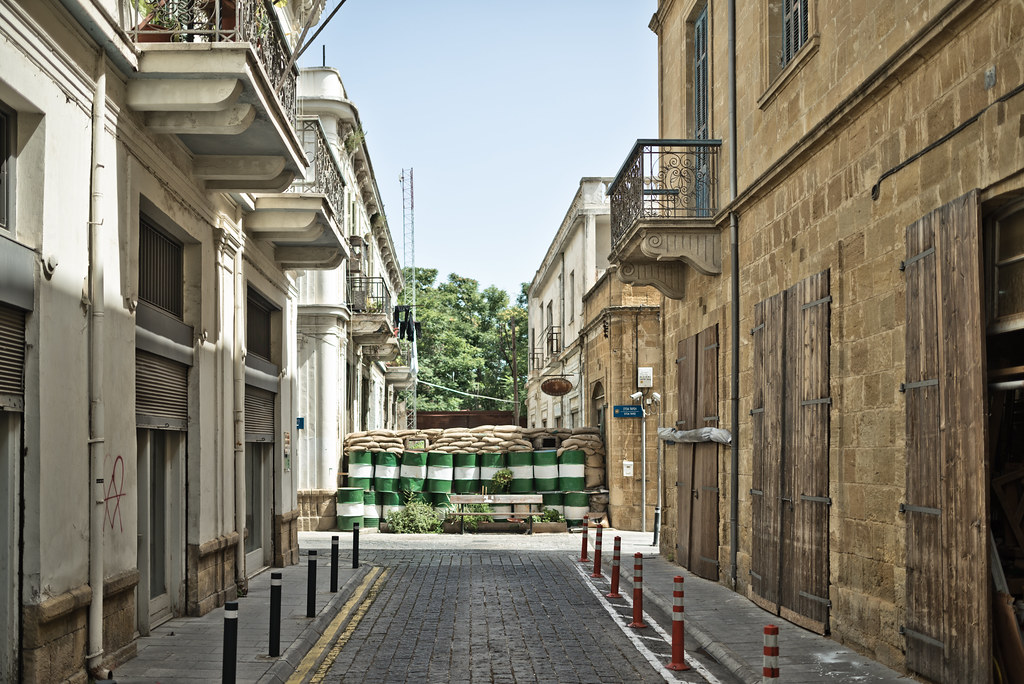One of the rarest marine mammals in the world, the Mediterranean monk seal, has been breeding steadily in Cyprus in recent years with two born in the latest season, researchers said on Monday.
During the 2023 breeding season, from September to December, two more live births were recorded on the island, although one of the two baby seals was found dead on Saturday in Polis Chrysochous Bay, Phileleftheros reported.
Results of an autopsy are expected to determine the cause of death within the week. The highest mortality rate is faced by the species is during their first year of life.
The Mediterranean seal monitoring group recorded the two latest births at Akrotiri and Akamas/Halabro areas, with the newborn seals, born in October and November, named Arcadia and Pieros.
Despite the fact that Arcadia did not survive, the births are considered significant events and indicative of the effectiveness of seal conservation and management programmes.
The Mediterranean monk seal (Monachus monachus) is the rarest of 33 types of seal in the world and half its current population of around 700 individuals lives in the seas around Greece.
A small number lives around Cyprus and according to the Department of Fisheries in 2010 the recorded population in the island’s coastal waters numbered seven to ten. The island’s population is meanwhile estimated to have doubled, now standing at around 22 individuals.
Mediterranean monk seals tend to favour sea caves for giving birth and 17 suitable shelters and caves were mapped by researchers in 2019.
The seal monitoring group keeps tabs on the seals’ activities 24 hours a day, with one shelter allowing real time monitoring through CCTV.
Newborn seals spend almost the whole day in the cave while their mother hunts for food. Gradually, they begin to accompany their mother and at the end of the lactation period, which lasts three to four months, the young animals become independent, without however, necessarily abandoning the cave in which they were born.
Like other mammals, baby seals are particularly vulnerable and is therefore critical to leave their breeding shelters undisturbed. If infant seals are frightened, they may attempt to escape and their premature exit from the cave can prove fatal.
In the last 12 years decrees have been issued creating protection zones around the sea caves in Peyia and Halabro, where fishing and use of motor boats is prohibited.
Also, by decision of the minister of agriculture, expropriation of lots adjacent to breeding grounds is underway.
One successful project to date has been the restoration of a collapsed sea cave on the Limassol coast, known to have harboured seals in the past, with the result that three individuals have since been recorded to be living there.
The most frequent observations are recorded at the Ayia Napa sea caves, Governor’s Beach, Ayios Georgios Alaminou, Akrotiri, Peyia and Akamas.
Sightings have also been recorded in Ayia Napa, Zygi, Limassol, Peyia, Latchi and Pomos.
Fish farms also attract seals, who follow the fish gathering around them to benefit from commercial feed. Sightings of seals have been recorded in such spots in Liopetri, Vassiliko and Ladies’ Mile.
The department of fisheries requests the public to report any sightings, as well as details such as date, time, location and features of the seal, including size and colour, to assist in its conservation efforts here.






Click here to change your cookie preferences